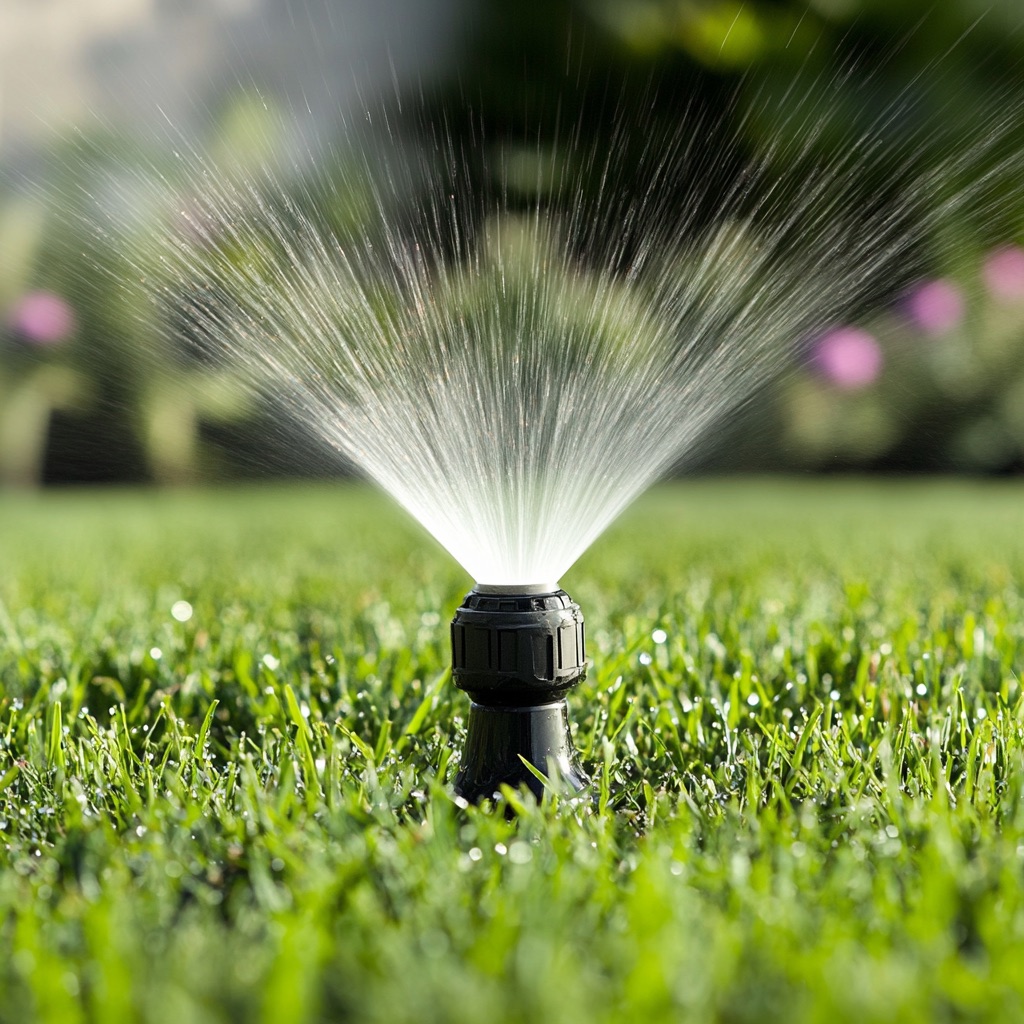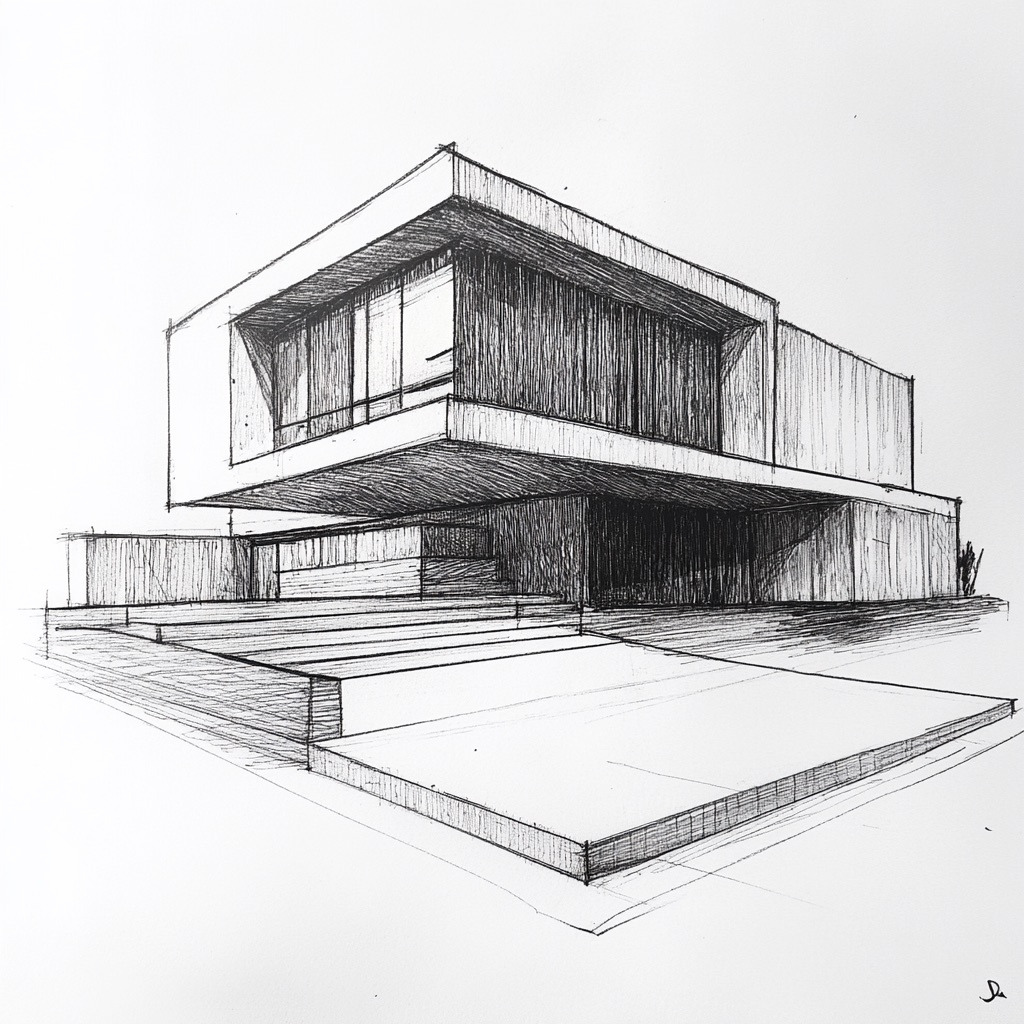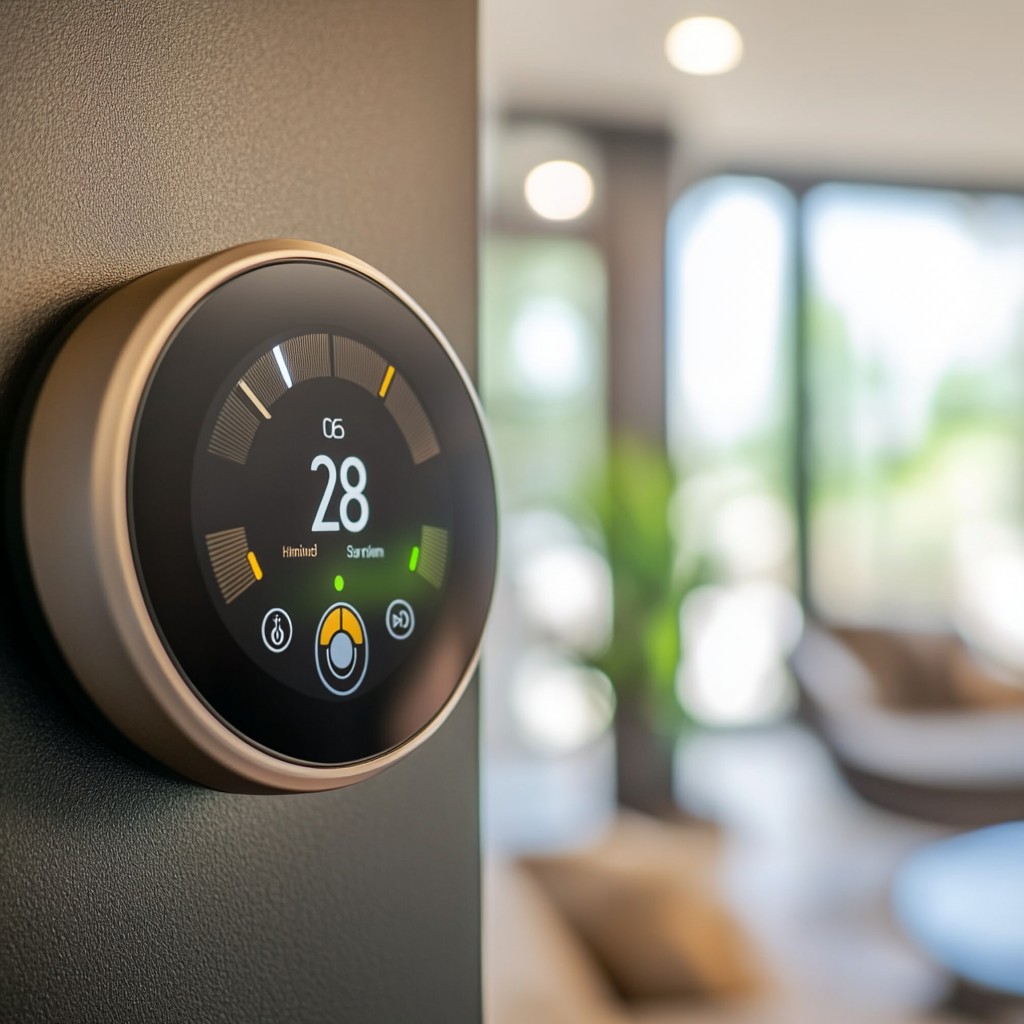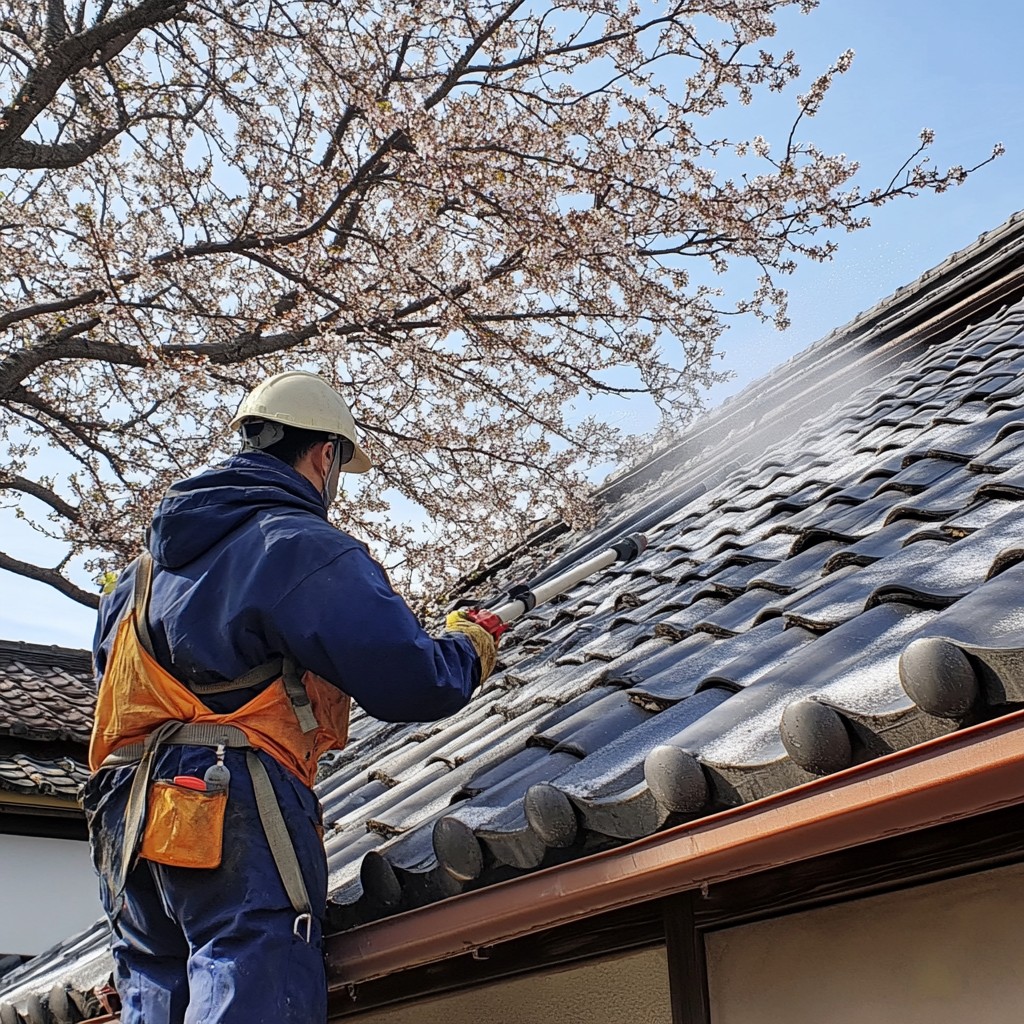Last updated on
Metal roofing has gained immense popularity in recent years due to its durability, energy efficiency, and aesthetic appeal. But did you know that metal roofs are also highly sustainable? In today’s environmentally conscious world, more and more homeowners and businesses are actively seeking sustainable options for their roofs.
And with good reason – traditional roofing materials such as asphalt shingles consume a significant amount of natural resources during production and end up in landfills after demolition.
On the other hand, metal roofing offers a long list of eco-friendly features that make it an excellent choice for those looking to reduce their carbon footprint. Let’s dive deeper into how metal makes a great sustainable roof by examining its various environmental advantages over other types of roofing materials.
Longevity and Durability
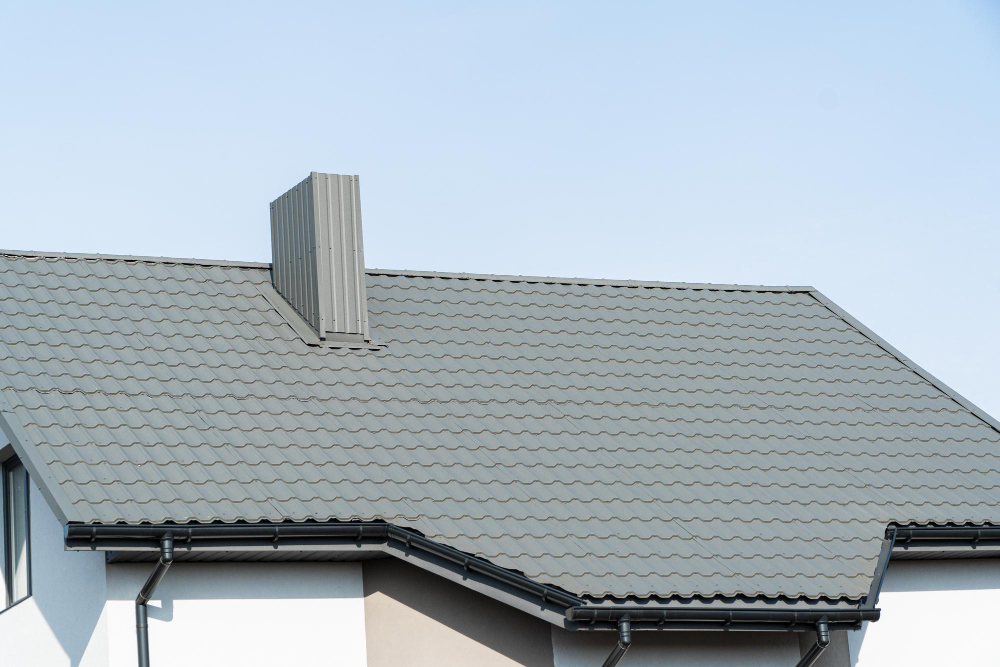
Metal roofs are a prime example of a material that excels in terms of longevity and durability, with a lifespan of up to 50 years or more. Compared to other materials that may need to be replaced more frequently, like asphalt shingles, metal roofs are a sustainable option that can reduce waste and conserve resources over time.
These types of roofs are often resilient in the face of severe weather events, making them an ideal choice for homeowners who live in areas prone to hurricanes, hailstorms, or wildfires. If that’s the case, click here to find a contractor experienced in installing metal roofs. Having an expert install your metal roof will ensure that it is optimized for maximum durability and energy efficiency.
Recyclability
Unlike other roofing materials, metal roofing can be completely recycled, meaning it doesn’t have to end up in a landfill at the end of its useful life. With the global shift towards a circular economy, the recyclability of metal roofing makes it an even more attractive option for those who want sustainable building solutions.
The production of metal roofing also requires significantly less energy compared to the production of other materials, further reducing its environmental impact. In fact, many metal roofs are made from recycled materials, making them a highly sustainable choice from start to finish.
Energy Efficiency
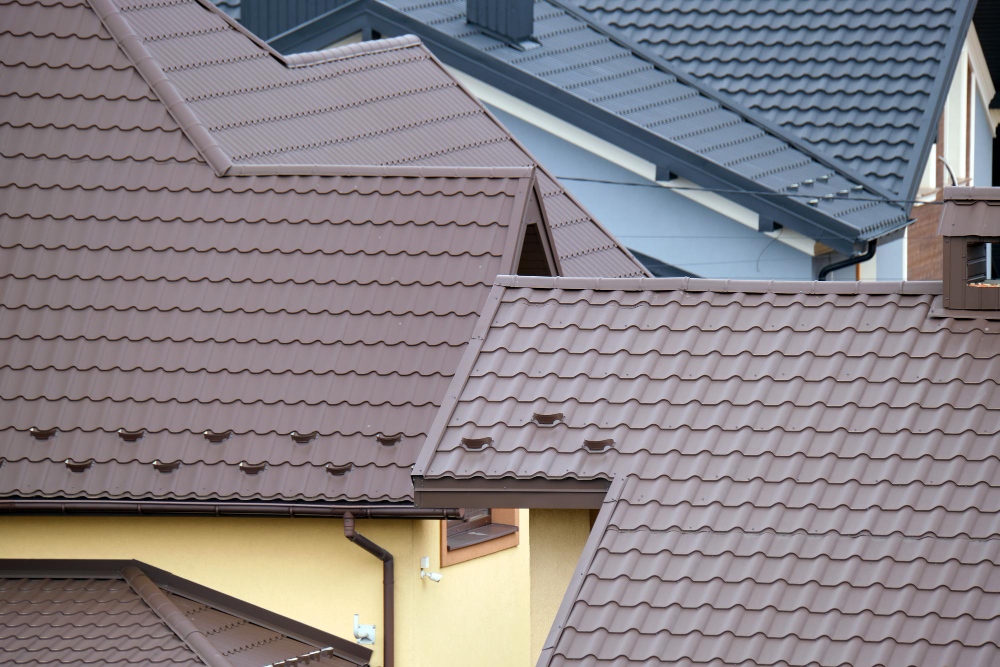
Traditional roofing materials, such as asphalt shingles, absorb and retain heat, leading to higher cooling costs during hot summer months. In contrast, metal roofs reflect the sun’s rays, keeping buildings cooler and reducing energy consumption.
Some metal roofing systems also offer additional insulation options, further increasing their energy efficiency and lowering heating costs in colder climates. This energy efficiency translates to a reduced carbon footprint and lower utility bills, making metal roofing an environmentally and economically sound choice.
Minimal Upkeep
Whether you’re looking to reduce the amount of time and money you spend on home maintenance or simply prefer a low-maintenance lifestyle, metal roofs are a great option to consider. Compared to other roofing materials, metal roofs require minimal upkeep.
Even better, they are resistant to fire, rot, and insect damage, meaning you won’t have to worry about costly repairs or replacements.
Beyond the obvious benefits to homeowners, minimal upkeep also translates to fewer resources and energy being used for roof maintenance, making metal roofs a sustainable choice for the environment.
Sustainable Manufacturing Processes
Many metal roofing manufacturers have implemented sustainable practices in their production processes, from using renewable energy sources to reducing waste and emissions. By supporting these companies, you are choosing a sustainable roofing option for your own home while contributing to the larger goal of creating a more environmentally friendly industry.
Steel, one of the primary materials used in metal roofing, is also among the most recycled materials in the world. When you choose a metal roof, you are reducing the demand for new steel production and promoting resource conservation.
Rainwater Harvesting
Due to their smooth, hard surfaces, metal roofs offer efficient, clean water run-off, making it easy to collect and use rainwater for gardening, irrigation, or other purposes. Aside from conserving water, you can reduce stormwater runoff, a significant source of pollution in many watersheds.
Moreover, metal roofs are less likely to leach chemicals into the water than other roofing materials, ensuring that the harvested water is safer for use. As communities continue to prioritize sustainable living, metal roofs have proven to be an ideal option for those looking to minimize their environmental impact and maximize their water conservation efforts.
Metal roofing offers a plethora of benefits that make it a highly sustainable choice for both residential and commercial buildings. Its longevity, recyclability, energy efficiency, minimal upkeep, sustainable manufacturing processes, and suitability for rainwater harvesting are only a few reasons how this material contributes to environmental preservation.
When you choose metal roofing, you’re opting for a durable, cost-effective solution for your property while taking a significant step toward reducing your carbon footprint. It’s a win-win situation for you, for future generations, and for our planet as a whole.
Table of Contents
